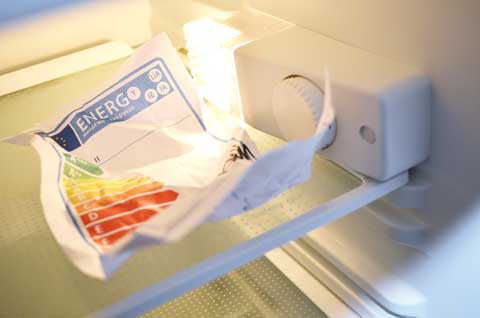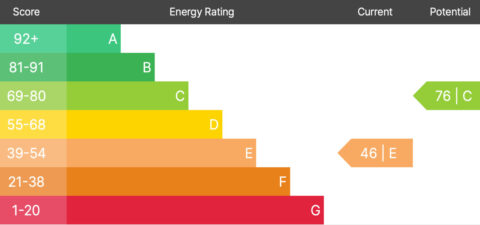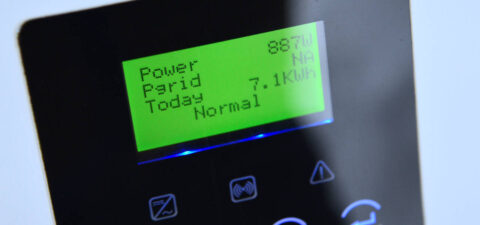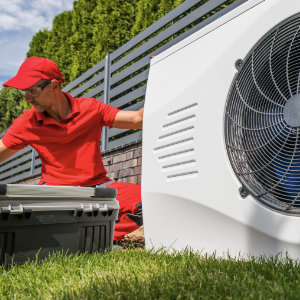The VW diesel emission scandal has shown the lengths to which manufacturers will go to meet ever-tougher environmental standards. The true cost of this deception will take many years to become apparent and, no doubt cost Volkswagen vast amounts of money. Meanwhile tens of thousands of VW customers will, understandably, feel duped and clamber to claim compensation.
Rumours of the tweaking the Miles Per Gallon (MPG) figures of cars have been circulating for many years. I know, from experience, that it’s very difficult to achieve the quoted MPG’s in real world driving. That said, I have beaten manufacturer’s figures on a few occasions! The testing regimes have to be formulaic and repeatable, providing a weakness that VW exploited in the US testing process; which is more stringent than European standards. So why didn’t the policy makers who devised these tests, and those testing the vehicles, spot this before? And why haven’t they been equally criticised for duping us for so long? Also, as car tax is based on emissions, the UK’s HMRC is out of pocket as more tax should have been paid on these polluting vehicles! The problem seems to be that whilst the policies are put in place, the resources to properly monitor and enforce the regulations are not.

So, who knows the amount of extra emissions this scandal will create? What’s more of a concern is the additional damage done to the whole concept of emissions, energy testing and consumer labelling. There’s the inevitable public backlash; “why should I buy an efficient product as you can’t trust the label.” It doesn’t do ‘what is says on the tin’. This devaluation of what should be a great tool when buying products from cars to light bulbs is very worrying long-term, furthering the environmental damage of inefficient products.
See what your electricals cost to run
With electrical goods there’s an even bigger ‘elephant in the room’ when you talk about the energy testing regime; that being that manufacturers test and certificate products themselves. There is no independent UK testing organisation for appliances or electrical products like there is with vehicles. This makes tweaking energy information somewhat easier, which has always concerned us. Currently there isn’t even a central database of these self-certified energy labels! The National Measurements Office (NMO) is the Government body responsible for checking up on the reliability of energy labels; we’ve reported their enforcement notices in the past – when they’ve named and shamed the manufacturers and products that have come to their attention (through market surveillance) and failed the NMO’s tests. Perhaps the threat of compensating consumers who have been mislead may be more sobering to manufacturers when compared to the fines that the NMO have handed out. The problem is that the NMO are under resourced when you consider the size of the market they are trying to police; again the policy makers are making regulations incredibly complex and difficult to enforce, which is devaluing consumer confidence in energy labels. This is a real shame when you consider the interest in reducing our energy consumption within our homes from both an emission reduction and money saving stance.
Back to the main question, should we believe in energy labels? Yes we should. But there are caveats. Appliances are like cars it is how you use them. If you scream through the gears, leave breaking to the last minute and carry a set of gym weights in your boot for a month, your car is going to burn more fuel. Dry one t-shirt in your tumble dryer instead of filling the drum it’s going to use more energy than a slight discrepancy in the energy label. My final point is that if you see a product that claims to be super-efficient and is ridiculously cheap there could be an issue, which hopefully the The National Measurements Office has spotted!

































